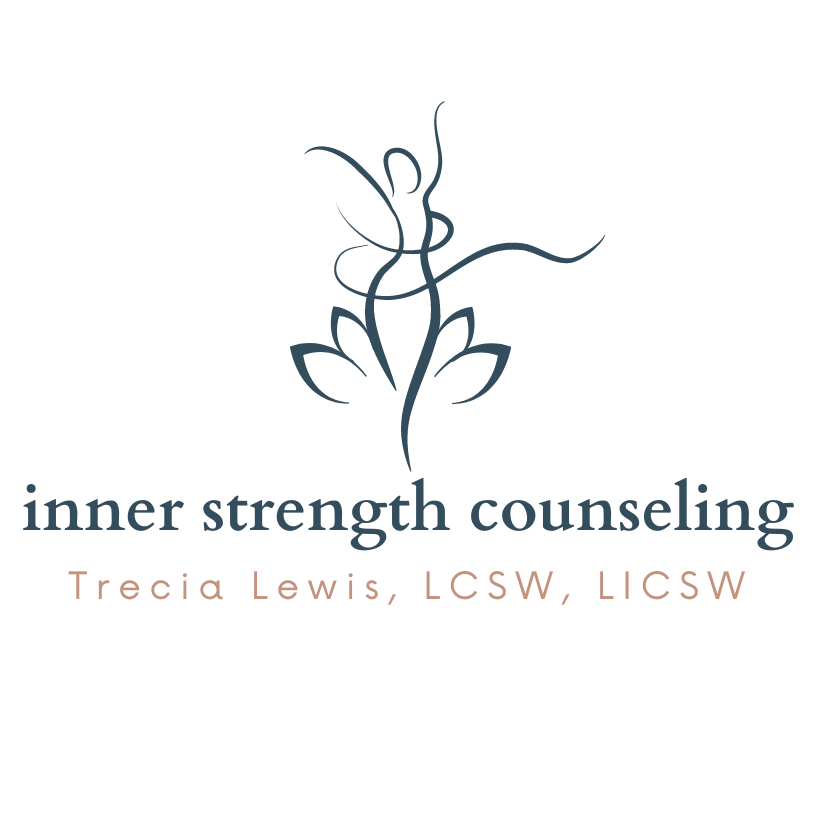Immigration evaluations
Evaluations for Asylum, U Visa, T-Visa, VAWA, and Extreme Hardship Immigration Cases
Why You Might Need an Evaluation
Attorneys often request a psychological evaluation to show how abuse, hardship, persecution, or family separation has affected your mental health. As a licensed therapist, I document those impacts in a clear, clinical report that can be submitted with your immigration petition.
Hi, I’m Trecia Lewis
—a Jamaican-born clinical social worker who turns your story into clear, court-ready mental-health evidence.
What I bring to your immigration case
Licenses: LCSW (GA & NY) · LICSW (MA)
Focus: Psychological evaluations for VAWA, Removal of Conditions, Hardship Waiver (601/601-A), Asylum and U-Visa petitions
Perspective: As an immigrant myself, I understand the vulnerability of sharing painful history in an unfamiliar legal system.
Approach: Gentle, culturally aware interviews → evidence-based assessment → in-depth and comprehensive reports written in plain language that judges and USCIS officers can follow without legal “translation.”
Mission: Offer you a dignified space to be heard and provide your attorney with concise, clinically sound documentation that strengthens meritorious cases.
I’m here to help you put your story on paper—accurately, respectfully, and right on time.
My evaluation does one thing: it documents the emotional and psychological effects of your experience in clinically sound language that USCIS officers and immigration judges understand. I don’t file your paperwork or give legal advice—your attorney handles that—but my report becomes part of the evidence they submit.
Evaluation Types I Offer
1. VAWA Self-Petition Evaluation
Who it helps – Spouses, children, or parents of U.S. citizens/LPRs who have suffered domestic violence or extreme cruelty.
Legal purpose – Shows USCIS how the abuse has affected the person’s mental health and safety. A strong psychological report can support the Form I-360 self-petition. uscis.govuscis.gov
What I assess – PTSD or anxiety symptoms, power-and-control patterns, safety planning needs, resilience factors.
2. 601 / 601-A “Extreme Hardship” Waiver Evaluation
Who it helps – People who are technically “inadmissible” (for example, unlawful presence) but have a U.S. spouse or parent who would suffer if they were forced to leave.
Legal purpose – Documents the extreme psychological hardship the qualifying relative would face—things like depression, medical issues, caregiving strain. The report accompanies Form I-601 or I-601A. uscis.govuscis.govuscis.gov
What I assess – Current mental-health status of the qualifying relative, prior trauma, family dynamics, and the projected impact of separation.
3. Asylum Evaluation
Who it helps – People who have been persecuted—or fear future persecution—because of race, religion, nationality, political opinion, or social group.
Legal purpose – Gives the immigration court clinical evidence of trauma linked to past persecution and explains how forced return could worsen symptoms (Form I-589 asylum filing). uscis.govuscis.govuscis.gov
What I assess – PTSD, depression, somatic complaints, cultural adjustment, and risk of self-harm if returned.
4. U-Visa Evaluation
Who it helps – Victims of certain serious crimes (e.g., domestic violence, sexual assault, trafficking) who cooperated—or are willing to cooperate—with law enforcement.
Legal purpose – Shows “substantial physical or mental abuse” caused by the crime, supporting Form I-918 for U nonimmigrant status. uscis.govuscis.gov
What I assess – Trauma symptoms, functional impairment, ongoing treatment needs, and how receiving status would aid recovery
What to Expect – My 6-Step Process
Free 15-minute phone consult – Ask questions, confirm that you are physically in GA, NY, or MA.
Intake & retainer – Secure online forms.
Telehealth interviews – Two private video sessions (≈ 90 minutes each).
Collateral review – I read any medical records, police reports, or letters your attorney provides.
Draft delivered in 10-15 business days (rush 5-day option available for an additional fee).
One complimentary revision – Edits added after your attorney reviews the draft.
Frequently Asked Questions
Do I need an attorney first?
A lawyer is highly recommended, but not required.
Is this therapy?
No. The evaluation is a single clinical assessment. If you need ongoing therapy, I’m happy to provide referrals.
Can children be evaluated?
Yes, with parental consent (and child assent when appropriate).
What languages do you support?
English/Patwa. Certified interpreters for any language are available.
Will you testify in court?
I can provide deposition or live testimony for an additional fee.






